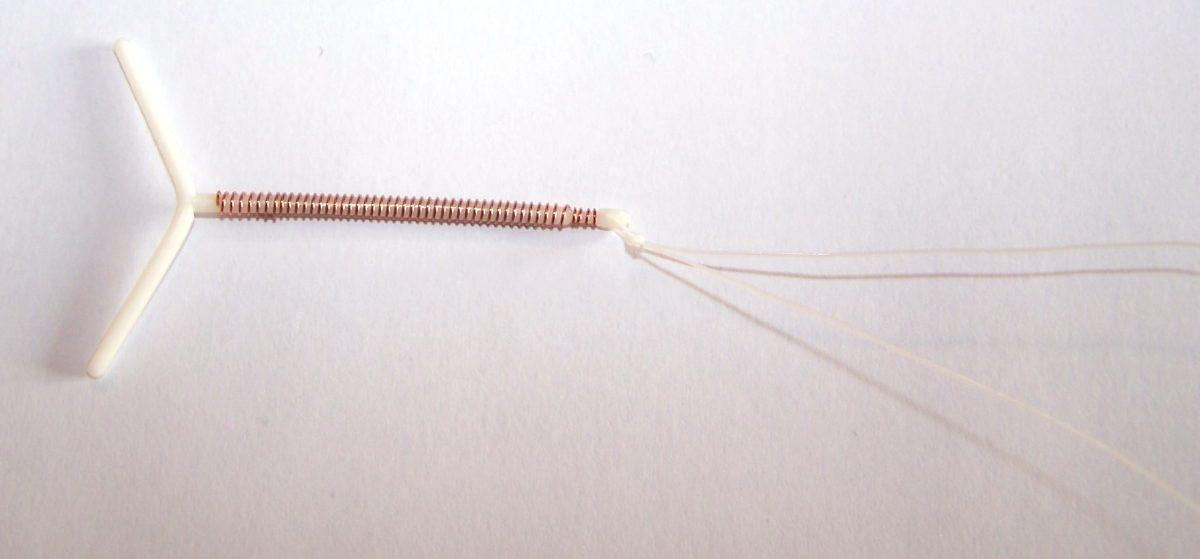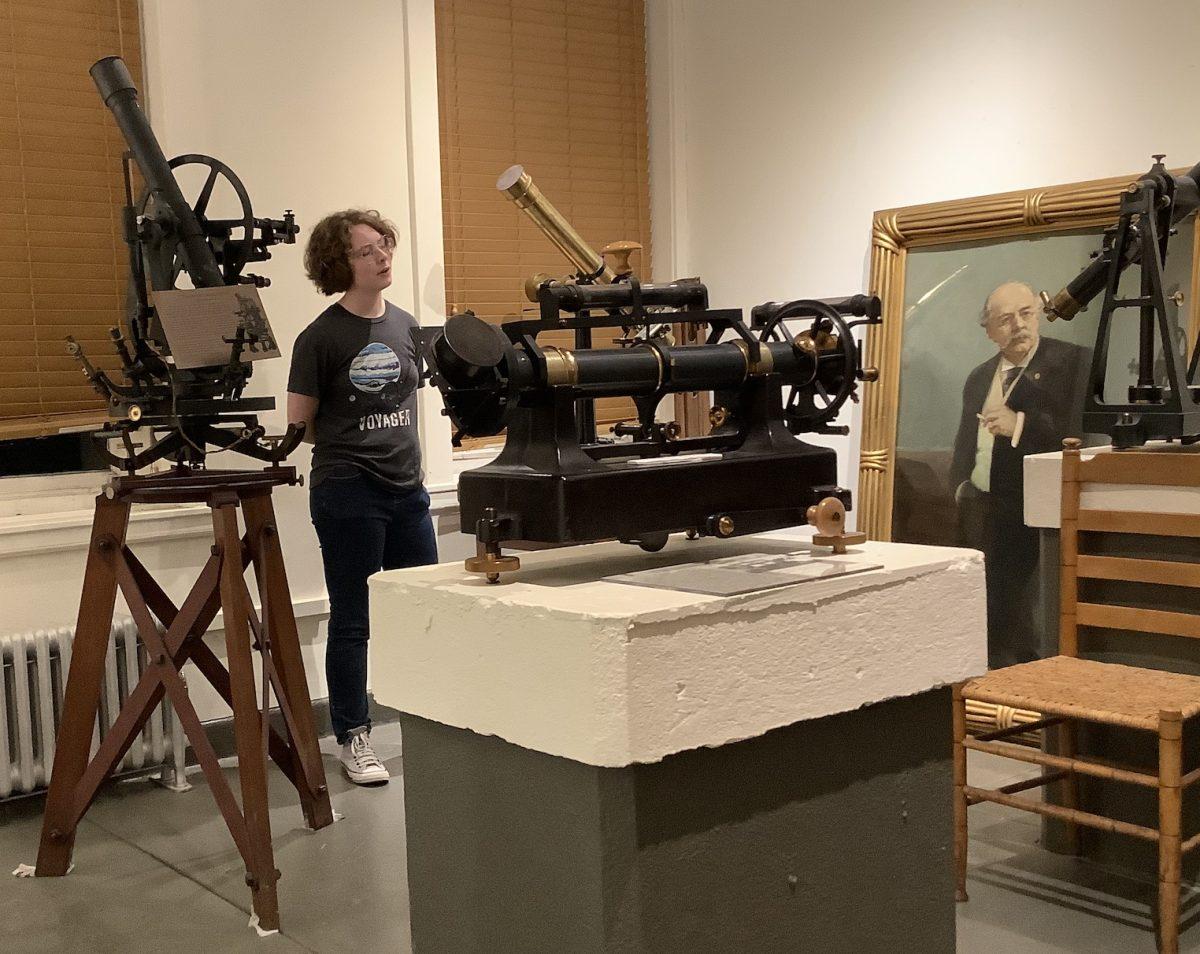“[The implant] lasts three years, and I’m a junior now, and with all of my studying abroad and moving for school, I wanted something that I could have and just not have to think about or manage,” she said.
Last month, the American Academy of Pediatrics released a report recommending pediatricians now recommend intrauterine devices and implants as the first option of contraception for adolescents who are or plan on becoming sexually active.
The report will not actually affect Ithaca pediatric clinics much, Nina Pegram, pediatric nurse practitioner at Northeast Pediatrics, said. IUDs and implants have always been options that pediatricians at Northeast Pediatrics discuss with patients, and conversations about contraceptives are always confidential between the patient and the medical professional, she said.
“This new announcement wasn’t a surprise, we’ve been moving towards this for the last 10 years,” Pegram said. “Our job is really just to make sure [patients] … are well educated in terms what choices what they have.”
Camp said she thinks these recommendations could be a good idea for teenagers leaving high school, but for younger girls it may be a better option to try a birth control method with less of a commitment to see how the body reacts.
The recommendation does not necessarily mean Northeast Pediatrics will increase the amount of IUDs or implants they provide, Pegram said.
“Just because the AAP made this recommendation that long-acting reversible contraceptive is first-line doesn’t mean that for every girl who comes in wanting birth control, that that is what we’re going to choose,” Pegram said. “Ultimately, it is her decision.”
Pegram also said Planned Parenthood provides the majority of the IUDs and implants for Ithaca-area clinics, and she does not know if Northeast Pediatrics will stock more IUDs and implants even though there are already many patients who use the devices.
Implants and IUDs are two separate forms of long-term birth control that last for three to 10 years, respectively. Both options have less than 1 percent perfect use and typical use failure rates, Gina Sucato, adolescent pediatrician and co-author of the AAP report with the recommendations, said.
Implants are inserted under the skin in the upper arm and continuously release progestin during the three years it is in place. There is a chance it will cause unpredictable bleeding or spotting, Mary Ott, associate professor of pediatrics at Indiana University and co-author of the AAP report, said.
Veronica Pillar, a graduate student at Cornell University, has been using the IUD for two years and is the only other form of birth control she has used besides condoms. She said a significant benefit for her has been not having to worry about taking something daily.
IUDs are devices inserted in the uterus to block the egg from being fertilized. Copper IUDs might cause heavier periods, while the progestin in hormonal IUDs might cause periods to stop altogether, Ott said.
Pillar said her hormonal IUD helped reduce her bleeding and cramps during menstruation.
“They are a lot lighter and just easier to deal with, and that’s nice all the time” Pillar said.
IUDs also face stigma in the United States because of the Dalkon Shield, an IUD produced in the 1970s that caused bacterial infections in millions of women’s uteri. Many warnings that critics of modern IUDs bring up nowadays, however, are misconceptions, Sucato said.
“The IUDs that are currently being used in the United States are not associated with future abortions or miscarriages or other fertility issues,” Sucato said.
Pillar was unaware of the stigma that surrounded the IUD before she had inserted, so it did not play a role in her decision to use it as a form of birth control.
The previous AAP report released in 2007 only recommended condoms as a method of birth control for sexually active teenagers. Condoms have a higher failure rate than long term birth control options, with the typical failure use rate at 18 percent and the perfect use failure rate at 2 percent, according to the AAP report.
The AAP still recommends women who have IUDs or implants to use condoms during sex to prevent sexually transmitted infections, which IUDs and implants do not prevent, Sucato said.
Pediatricians must keep conversations about contraception, sexual activity and sexual health confidential, though the AAP advises pediatricians to encourage teenagers to discuss their sexual health with trusted adults when making decisions, Sucato said.
“It’s all individualized for a young person, and it will depend on what their preferences are, what’s acceptable to them and whether or not they have medical conditions,” Ott said. “It’s always the young person’s decision to use birth control.”






